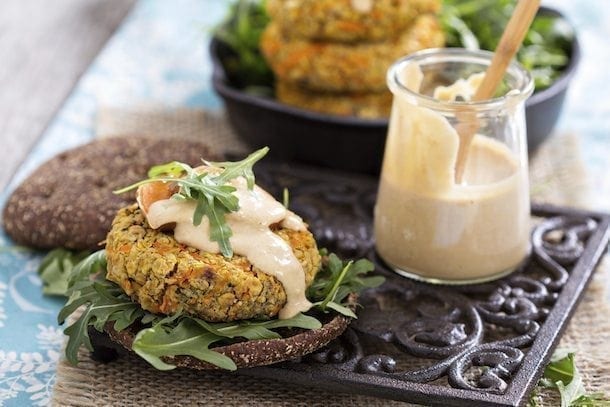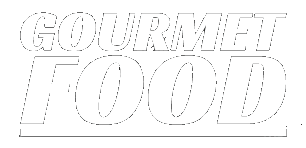
Do you aspire to be a lean, green plant-eating machine? You’re not alone! With new scientific studies and health research pointing to the power of veggies, lots of people are switching to vegan diets.
What is a Vegan Diet?
A food philosophy and a lifestyle, vegan eaters omit meat, fish, and poultry as well as other animal products or by-products, including eggs, dairy, cheese, and honey. Meals can be planned around fruits, vegetables, plenty of leafy green vegetables, whole grains, nuts, seeds and legumes.
Vegans avoid wearing leather, fur, silk, and wool, and refrain from using cosmetics and soaps derived from animal products or tested on animals. Many vegans choose the diet and lifestyle because they are passionate about the ethical treatment of animals.
Upsides to a Vegan Diet
Scientific studies link the eating style to a reduced risk of heart disease, colon cancer, lung cancer, diabetes, kidney disease, hypertension, and obesity. The key to well-balanced nutrition on a vegan diet is variety. A healthy, and balanced vegan diet could include grain porridge with fresh fruit for breakfast, a veggie stir-fry for lunch, and a bean and vegetable soup with a leafy green salad for dinner.
Potential Downsides to a Vegan Diet
Poorly planned vegan diets can be low in vitamin B12 and other important vitamins. Plant-based sources of vitamin B12, such as nutritional yeast and fortified dairy-free milks, or taking a multi-vitamin supplement can help fill the gaps.
Online Vegan Resources
- The Vegetarian Resource Group
- Thrive
- Herbivoracious
- Veggie Boards
- One Green Planet



